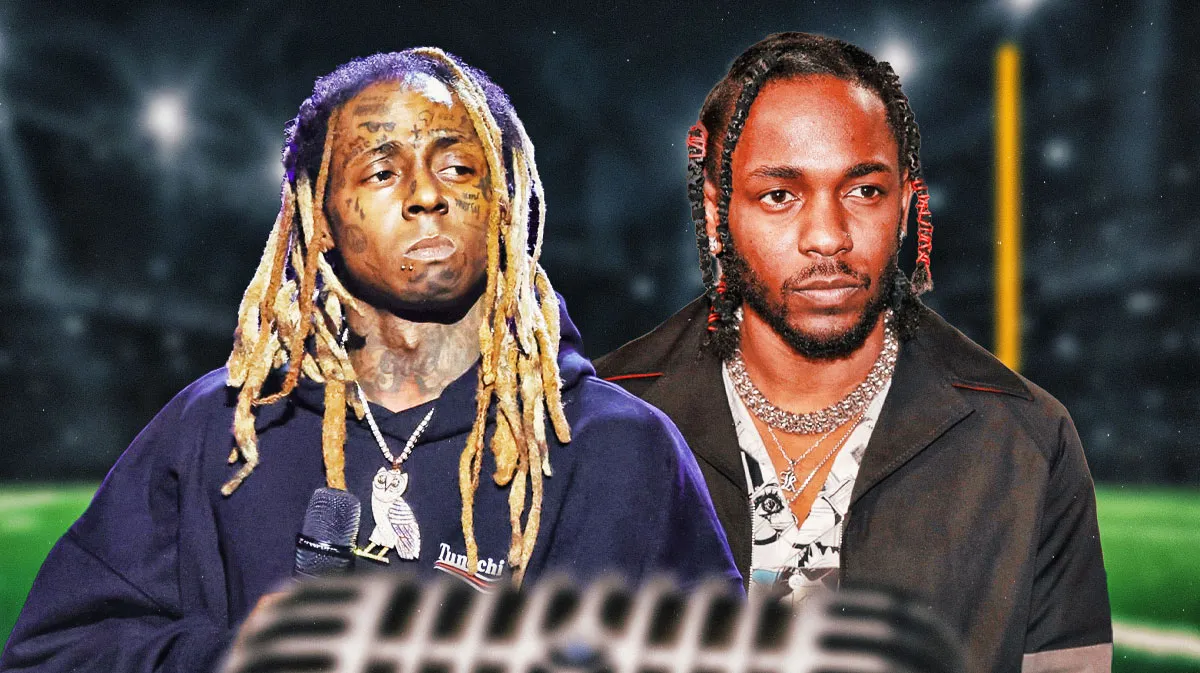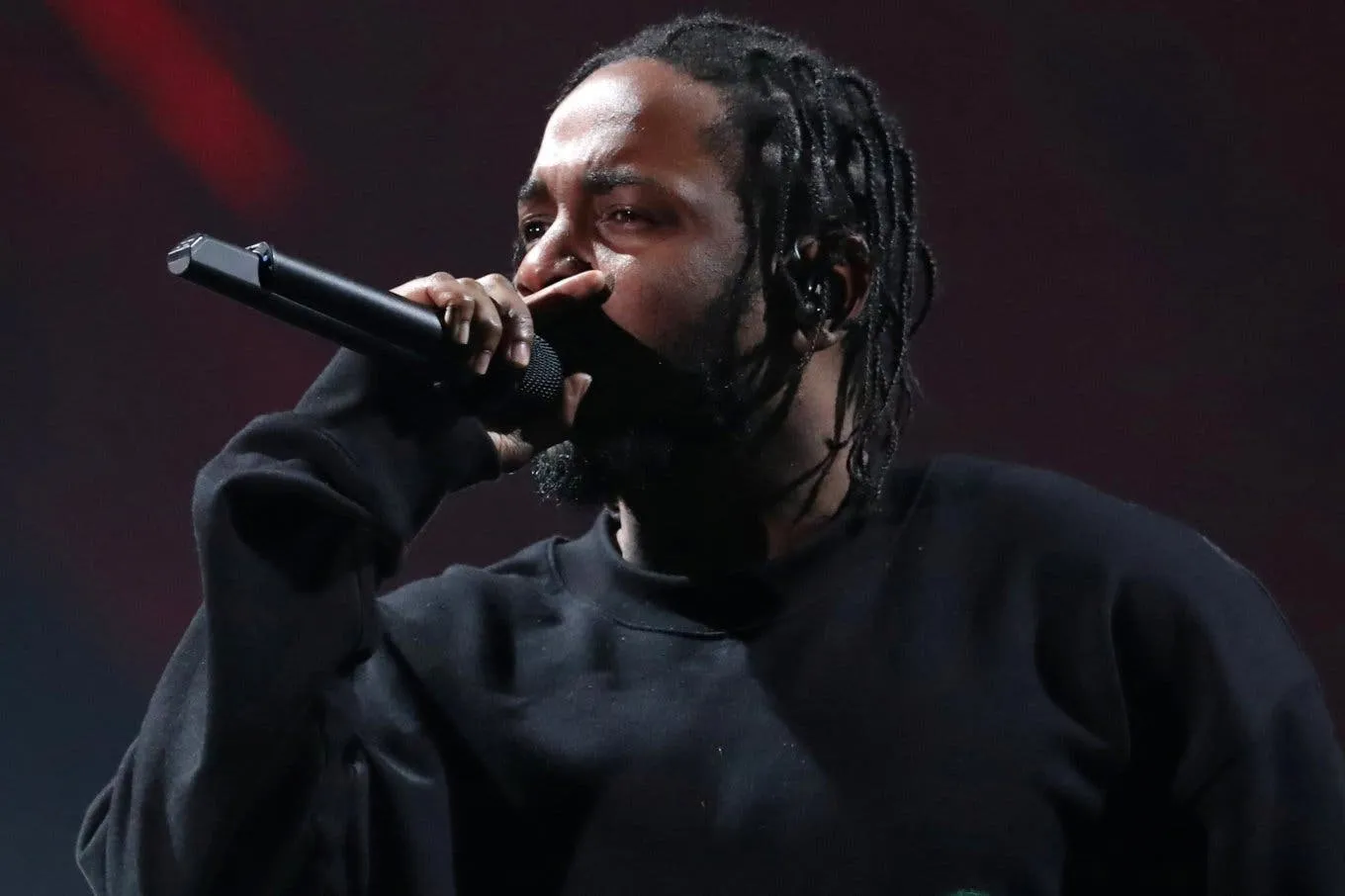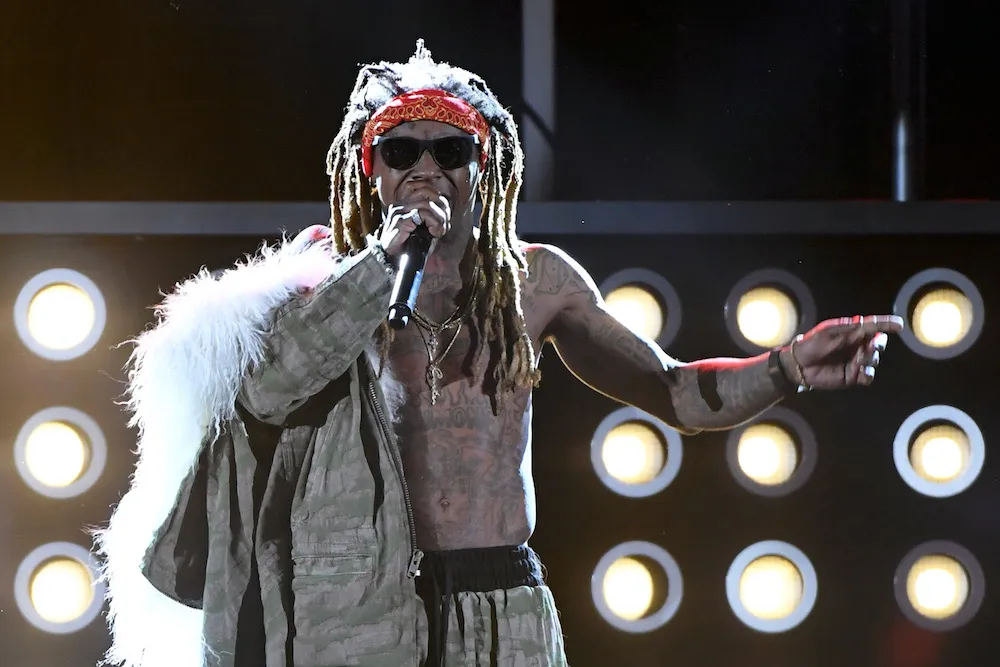

Tha Carter VI Misses No.1 on the Billboard 200 — But Lil Wayne Still Beats Kendrick Lamar in Rap Sales!
In a surprising turn of events, Lil Wayne has once again proven why he remains an unstoppable force in the rap industry. His highly anticipated album, Tha Carter VI, may not have clinched the coveted No.1 position on the Billboard 200, but it has still managed to make history by becoming the best-selling rap album in the United States, overtaking other hip-hop heavyweights, including Kendrick Lamar.
This remarkable achievement has fans and industry insiders buzzing, sparking debates about what defines true success in today’s streaming-dominated music era. While Billboard rankings often grab headlines, pure album sales remain a vital metric, especially in the hip-hop world, where authenticity and fan loyalty are paramount.
Tha Carter VI: A Comeback Album With a Punch
From the moment Lil Wayne announced Tha Carter VI, anticipation ran high. The rapper, known for his relentless work ethic and genre-defining albums, returned to the spotlight after a period of relative quiet. Fans flooded social media with predictions about chart performance, potential hit singles, and possible collaborations.
Unlike some contemporary releases that rely heavily on streaming numbers, Tha Carter VI was strategically marketed to appeal to both long-time fans and new listeners, focusing on physical album sales, vinyl collectors, and digital downloads. This strategy paid off, making it a record-breaking rap album in terms of total units sold, even if streaming metrics pushed it below No.1 on the Billboard 200.
Beating Kendrick Lamar: What It Means
One of the most shocking aspects of this achievement is that Tha Carter VI surpassed Kendrick Lamar, an artist often considered the gold standard for modern rap albums. Kendrick has long dominated both charts and critical discussions, with albums like DAMN. and Mr. Morale & The Big Steppers earning widespread acclaim.
Lil Wayne’s triumph highlights the difference between mainstream chart positions and cultural dominance. While Kendrick’s album may have a higher profile in streaming platforms and critical lists, Lil Wayne’s sales figures reflect fan dedication and purchasing power, signaling a strong, engaged fanbase that continues to support his career decades into his legendary run.

The Numbers Behind the Record
Although Tha Carter VI did not reach No.1 on the Billboard 200, its sales figures are undeniable. Within the first week of release, the album sold hundreds of thousands of copies, eclipsing other rap releases and making it the best-selling rap album in America for this period. This achievement is particularly impressive given the competitive nature of the industry, where multiple high-profile releases often crowd the charts simultaneously.
Industry analysts note that album sales in 2025 are heavily influenced by bundled packages, merchandise sales, and collector editions. Lil Wayne capitalized on this trend, offering exclusive bundles that incentivized fans to purchase physical copies, further cementing his commercial dominance.
Why Billboard 200 Isn’t Everything
The Billboard 200 ranking is often considered the ultimate benchmark of success, but Tha Carter VI’s journey demonstrates that chart positions do not tell the whole story. The album’s performance in terms of pure sales, fan engagement, and cultural impact arguably surpasses what a No.1 ranking alone could signify.
Lil Wayne has consistently prioritized his connection with his audience over mainstream chart dominance. This approach resonates with fans who value artist authenticity over streaming algorithms and temporary viral success. In many ways, Tha Carter VI’s record-breaking sales reinforce the idea that true hip-hop success is measured by fan loyalty, not just chart positions.
Fan Reactions: Social Media Explodes
On platforms like Twitter, Instagram, and TikTok, fans have been celebrating Lil Wayne’s milestone. Hashtags such as #ThaCarterVI, #LilWayneLegend, and #BestSellingRapAlbum have trended, reflecting the album’s massive reach. Fans praised Lil Wayne for staying relevant and dominant, with many highlighting how the album feels like a return to his classic sound, blending introspective lyrics with hard-hitting beats.
One recurring theme in fan discussions is the album’s ability to bridge generations. Long-time listeners appreciate the nostalgic nods to Wayne’s earlier work, while younger fans find it fresh, innovative, and distinctly his own. This cross-generational appeal is a key factor in why Tha Carter VI achieved such impressive sales numbers despite missing the No.1 Billboard spot.
Industry Perspectives
Music industry experts have weighed in on Lil Wayne’s accomplishment. Analysts point out that breaking sales records in rap is increasingly challenging due to the dominance of streaming and the fragmentation of the music market. Achieving such numbers, particularly with a traditional album release, demonstrates Lil Wayne’s unique market power and brand strength.
Some insiders argue that this achievement could reshape how success is measured in hip-hop. Rather than focusing solely on chart-topping positions, the industry might begin emphasizing fan-driven sales, engagement, and cultural relevance—areas where Lil Wayne clearly excels.
What This Means for Rap Music in 2025
Lil Wayne’s triumph with Tha Carter VI is more than just a personal milestone; it signals a shift in the rap landscape. Established artists with loyal fanbases can still dominate sales even in an era dominated by streaming. Meanwhile, emerging rappers are encouraged to cultivate authentic relationships with their audience, rather than chasing viral trends or streaming numbers exclusively.

This moment also highlights the continuing commercial viability of rap music in America. Even as the industry evolves, artists who understand their audience and leverage strategic marketing can still achieve historic results, proving that rap remains one of the most influential and lucrative genres in the music world.
The Legacy of Lil Wayne
With Tha Carter VI, Lil Wayne continues to solidify his legacy as one of hip-hop’s most enduring figures. From his early days in New Orleans to becoming a global superstar, Wayne has consistently pushed boundaries, influenced generations of artists, and reshaped the sound of modern rap.
This latest achievement serves as a reminder that even decades into his career, Lil Wayne is still a dominant force, capable of setting records and capturing the imagination of fans worldwide. His ability to outperform peers in sales while maintaining cultural relevance underscores why he is considered one of the true icons of the genre.
Conclusion: Beyond the Billboard 200
While Tha Carter VI may not have claimed the No.1 spot on Billboard 200, its status as the best-selling rap album in the United States speaks volumes about Lil Wayne’s enduring influence, strategic acumen, and unshakable connection with his fans.
In an industry obsessed with streaming numbers and chart positions, Wayne’s achievement is a reminder that true hip-hop success is multifaceted. Fans, sales, cultural impact, and longevity all matter—and in these areas, Lil Wayne reigns supreme.
The conversation around Tha Carter VI is far from over. As fans continue to stream, purchase, and discuss the album, one thing is clear: Lil Wayne’s legacy is not only secure—it’s still growing stronger.


















